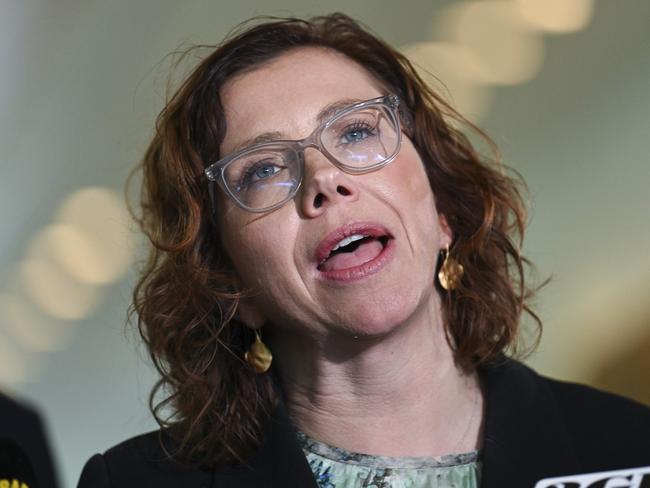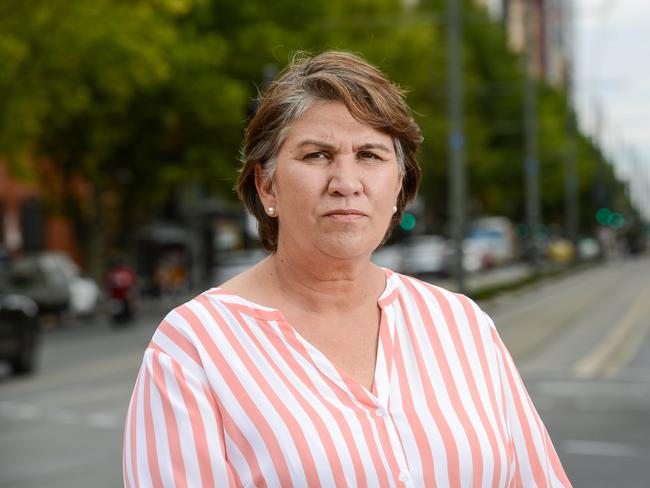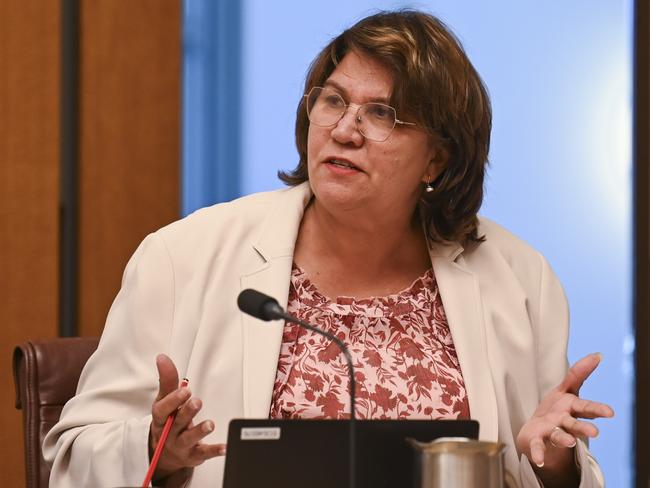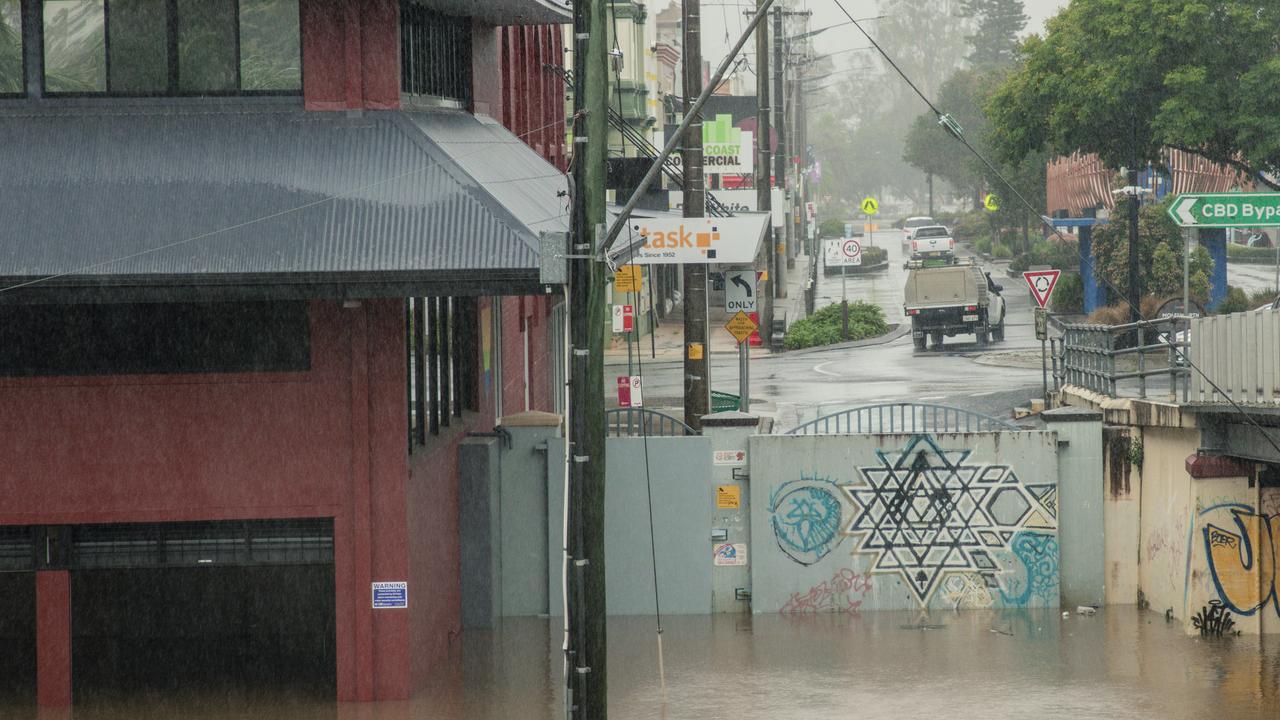Government plan to fund 500 workers to tackle domestic and family violence under fire
The Federal Government’s plan to tackle family and domestic violence has come under fire after it was revealed it hadn’t been fulfilled.

The federal government’s program to fund 500 frontline family and domestic violence workers continues to come under fire after it was revealed only 63 workers had been employed.
In October 2022, the government announced women’s safety as a national priority allocating almost $170m over four years to recruit 500 new frontline service and community workers in the family and domestic violence sector.
Funding was distributed to states and territories to support them in their areas of need and provide 200 new workers in 2022-23, and another 100 workers in 2024-25.
But as of June 2024, it was revealed 63 frontline workers have been employed across Australia under the program.

Curtin University professor of international health Jaya Dantas has called for a review into the program saying the state, territory and federal governments had all failed significantly.
“It is a national shame that less than 65 workers have been recruited in the past 20 months across the country,” she said.
“The governments’ failure to recruit more staff significantly impacts the ability of services to respond to the national epidemic of family domestic violence.
“As of June 2, 35 women had lost their lives in the first 22 weeks of the year, which is a shocking statistic for Australia.
“Where has the money gone? Somewhere, something has gone wrong, it is just not good enough.”

Ms Dantas said women in Australia needed support to navigate the legal and child support systems, and that migrant women often needed help with precarious visas.
“We are in this constant cycle, we know the issues, but what we need is one stop hubs across the country so women are not re-traumatised having to explain their story every time she goes to a different service provider,” Ms Dantas said.
Minister for Social Services Amanda Rishworth who is responsible for the program said it was now up to states and territories to deliver the program.

“Two payments have been made to the states and territories to date – they have the resources they need to deliver,” she said.
“States and territories have signed up to roll out 352 workers by June 30 this year as part of a phasing in of the commitment. “We expect them to deliver on that commitment and we will continue to work with them to ensure workers come online in a timely way.”
But Senator Kerrynne Liddle said the initiative had been “a spectacular fail” on its promise.

“This was their election promise to the Australian people so it is (the government’s) failure that this has not been delivered,” she said.
Despite the states and governments not recruiting new workers, the senator said the Commonwealth was still going to give them additional funds under the program.
“It is just appalling when you look at the rate of progress,” she said.
Workers in the sector have told Senator Liddle that the housing and cost of living crisis had contributed to the levels of violence being experienced by women and children because they were staying in houses with perpetrators for longer.

“Pressures around the economy and housing force people not being able to flee, it means the intensity of violence is festering and the outcome is catastrophic,” she said.
“People live with near death experiences every single day and that goes unreported.”
The senator said without additional workers in the sector some women could not access help they desperately needed whether that was on the phone, in a shelter or other means.
“The minister has a lot to answer, why has it taken them nearly two years and a lot of pressure to unearth that this was a failure in their delivery before they paid attention to it.”


